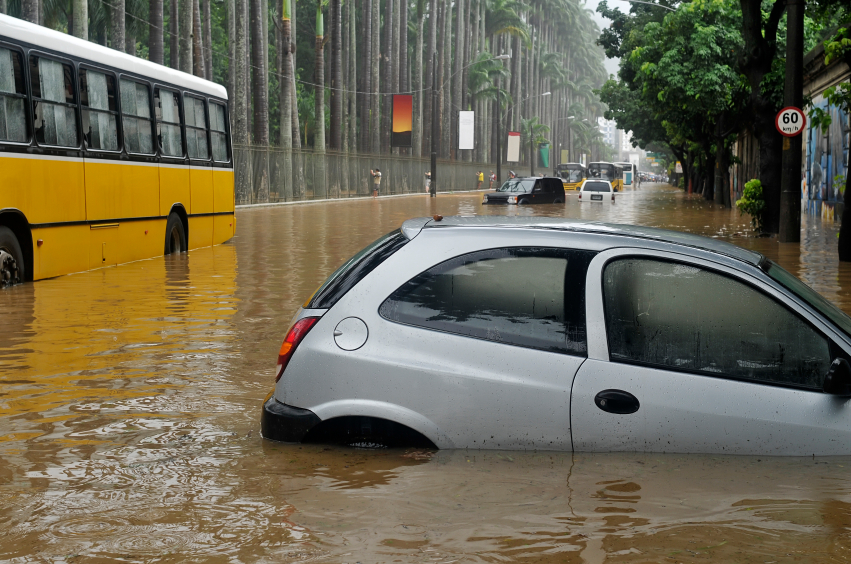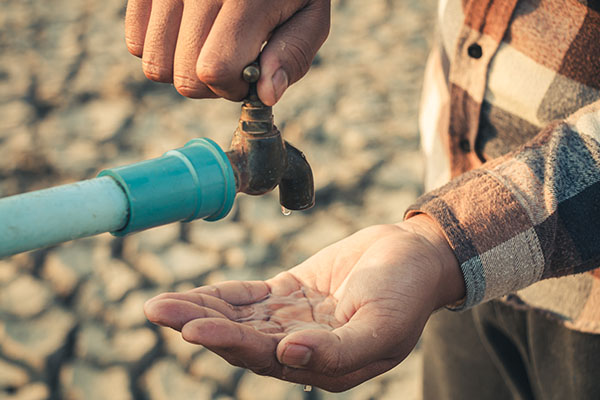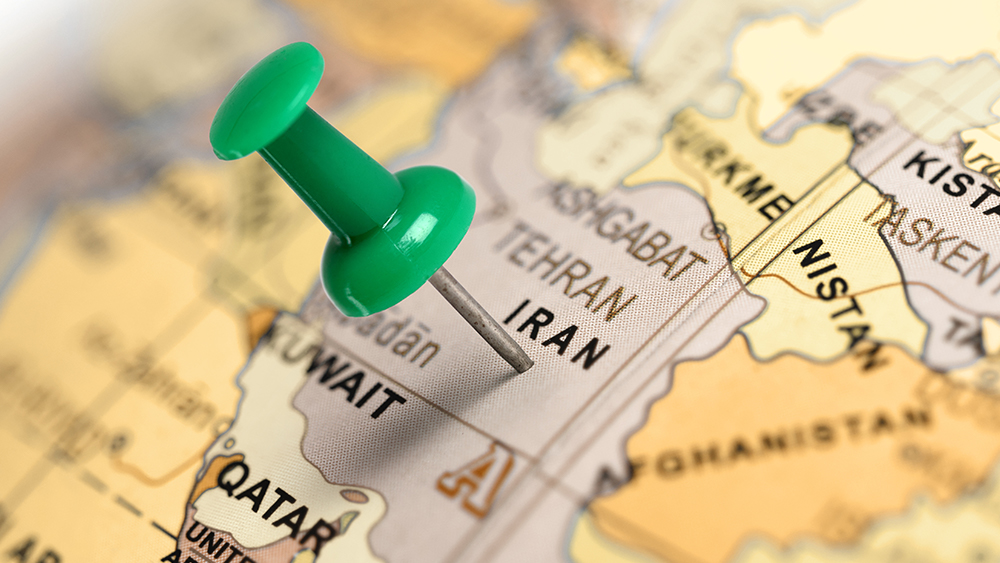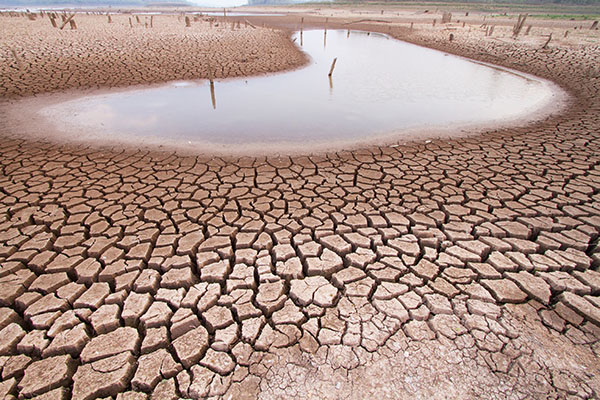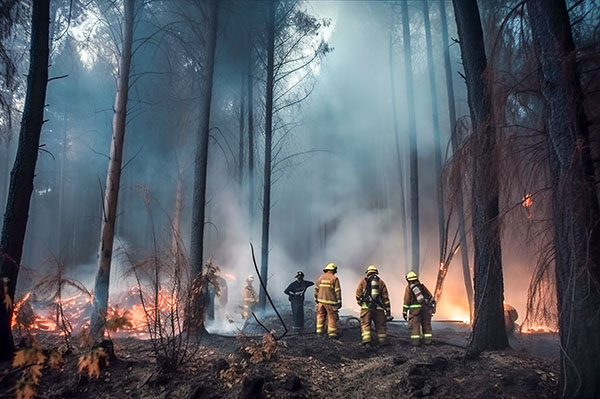U.S.-built Gaza pier transported to Israel for repairs after being heavily damaged by high waves, strong winds
06/03/2024 / By Richard Brown

The Department of Defense has announced that the temporary pier built by the United States to deliver food aid to starving Palestinians in Gaza had been withdrawn from the coast for repairs after being damaged by strong winds and waves.
The pier was removed and transported to the southern Israeli port city of Ashdod. The repairs are expected to take “at least over a week,” after which the pier will be re-anchored at the beach.
The pier, a critical route for delivering food and supplies to Palestinians amid the ongoing conflict between Israel and Hamas, had only been operational for less than two weeks. (Related: Construction of U.S. military floating pier off Gaza nearly complete.)
“From when it was operational, it was working, and we just had an unfortunate confluence of weather storms that made it inoperable for a bit. Hopefully, in just a little over a week, we should be back up and running,” Deputy Pentagon Press Secretary Sabrina Singh told reporters.
The dock is one of the few routes for free food and other supplies to reach Palestinians.
Most humanitarian aid has entered Gaza through the pier and two reopened border crossings with Israel in northern Gaza. The main southern border crossings at Rafah with Egypt, and Kerem Shalom with Israel, remain largely inaccessible.
The $320 million pier has faced several setbacks, including injuries to three U.S. service members and four vessels being beached by strong waves.
Singh reported that two service members had minor injuries, while the third was put in serious condition. Additionally, deliveries were halted for two days last week after a Palestinian man was shot dead and crowds rushed assistance vehicles leaving the pier.
The pier, consisting of a causeway and a wider area for offloading supplies, disconnected on Sunday, May 26. Heavy seas had previously forced two U.S. Army vessels to beach in Israel, while two others broke free and anchored near the pier. The beached vessels’ personnel were evacuated the previous day, contrary to initial reports that they remained aboard.
The $320 million pier, operational since May 17, had to stop maritime shipments a week later due to adverse weather, which also delayed its deployment for several weeks. The Joint Logistics Over the Shore system can only operate in favorable sea conditions, specifically waves under three feet and winds below 15 miles per hour.
Thousands of tons of food aid stranded due to pier shutdown
Despite its temporary shutdown, the pier had facilitated the delivery of over 1,000 metric tons of aid to Gaza. However, with the pier inoperable, thousands of tons of aid awaiting shipment from Cyprus are now on hold. The U.S. has emphasized that the pier was intended to supplement, not replace, land-based aid routes between Israel and Gaza.
The Gaza beach system provides a lengthy causeway for trucks to deliver supplies onto the shore.
On the Israeli coast, two of the ships became stranded. With assistance from the Israeli military, one has already been recovered, and the other is expected to be found within the next 24 hours. The remaining two boats stranded on the Gaza beach should be recovered within two days.
U.S. officials have emphasized the need for additional checkpoints for humanitarian vehicles, as the pier alone cannot meet Gaza’s needs. At full capacity, it could feed 500,000 people, while land crossings are essential for the remaining 1.8 million residents. Planned U.S. food airdrops are also insufficient to cover all demands.
The southern Rafah crossing, a crucial supply line, remains closed due to intensified Israeli military operations, complicating aid delivery despite Israeli claims of bringing help through the Kerem Shalom crossing.
Watch this clip from Newsmax featuring Rep. Michael Waltz (R-FL) discussing how $320 million in taxpayer money was wasted on the pier in Gaza.
This video is from the NewsClips channel on Brighteon.com.
More related stories:
Biden: U.S. to. build FLOATING PIER along Gaza coast to improve aid delivery.
Sources include:
Submit a correction >>
Tagged Under:
big government, chaos, Collapse, floating pier, food aid, food rationing, food scarcity, food supply, Gaza, Holy War, humanitarian aid, hunger, Israel, Israel-Palestine war, military, Palestine, pier, starvation, supply chain
This article may contain statements that reflect the opinion of the author
RECENT NEWS & ARTICLES
COPYRIGHT © 2017 ENVIRON NEWS





